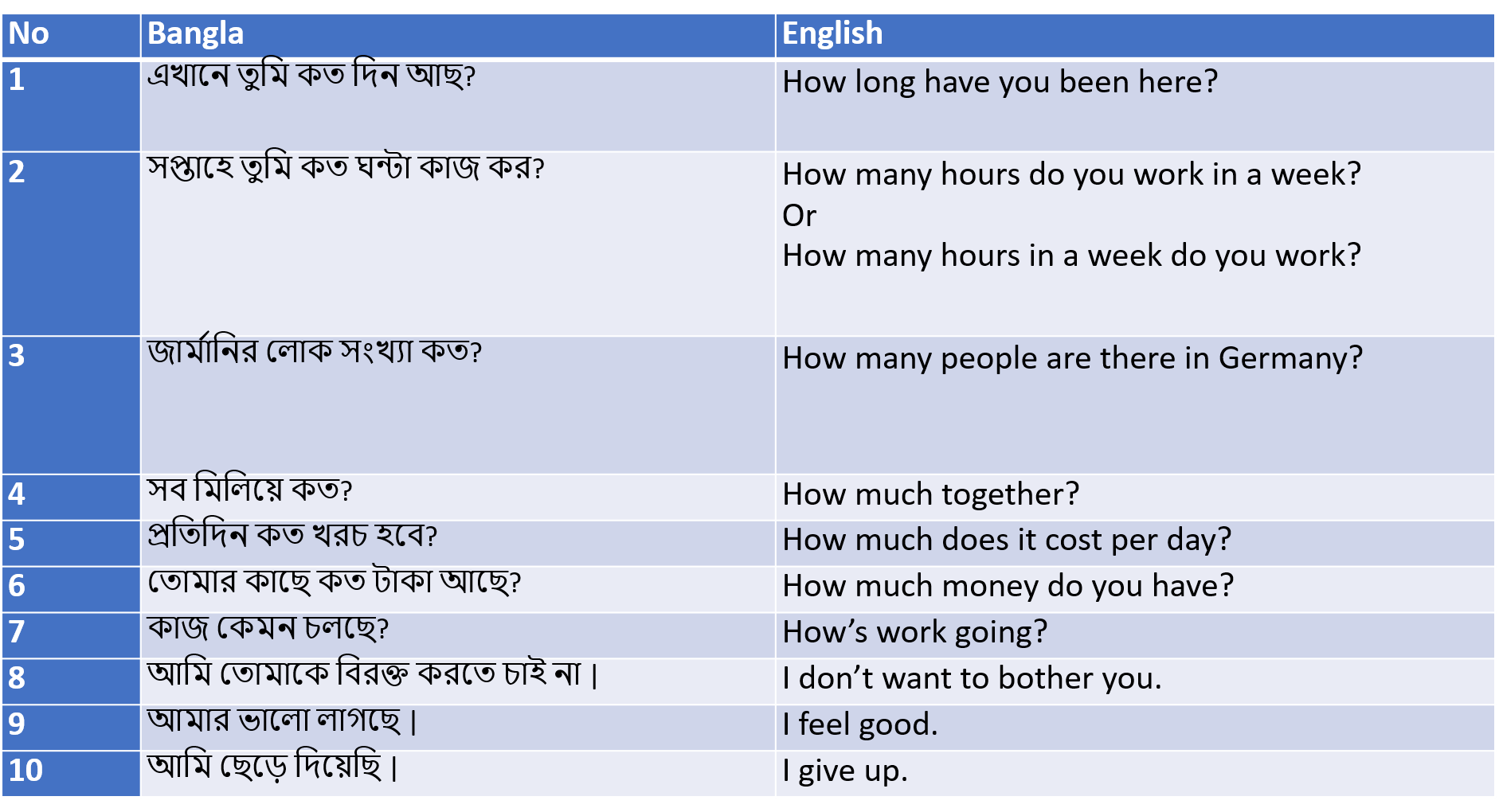20 habits of unsuccessful people
20 habits of unsuccessful people
Learn about the negative behaviors that can hold you back in life and career with our list of 20 habits of unsuccessful people. Avoid these pitfalls and set yourself up for success by adopting positive habits and attitudes instead.
- Procrastination: Unsuccessful people tend to put off tasks and assignments until the last minute, leading to poor quality work and missed deadlines.
- Lack of focus: Unsuccessful people may struggle to stay focused on a task or goal, leading to difficulty in completing tasks and achieving success.
- Negative attitude: Unsuccessful people may have a negative outlook on life, leading to a lack of motivation and a lack of effort towards their goals.
- Lack of discipline: Unsuccessful people may lack discipline in their personal and professional lives, leading to a lack of structure and organization.
- Poor time management skills: Unsuccessful people may struggle to manage their time effectively, leading to missed opportunities and a lack of productivity.
- Lack of goal setting: Unsuccessful people may not set clear and specific goals for themselves, making it difficult to track progress and measure success.
- Lack of perseverance: Unsuccessful people may give up easily when faced with challenges or setbacks, rather than persevering through difficult times.
- Lack of self-improvement: Unsuccessful people may not make an effort to learn and grow, leading to stagnation and a lack of personal development.
- Lack of self-awareness: Unsuccessful people may not be aware of their own strengths and weaknesses, leading to a lack of self-improvement and personal growth.
- Lack of networking: Unsuccessful people may not put effort into building and maintaining professional relationships, leading to a lack of opportunities and support.
- Lack of adaptability: Unsuccessful people may struggle to adapt to change or new situations, leading to difficulty in navigating new environments and challenges.
- Poor communication skills: Unsuccessful people may struggle to effectively communicate with others, leading to misunderstandings and conflict.
- Lack of leadership skills: Unsuccessful people may not possess the skills necessary to effectively lead and manage others, leading to difficulty in achieving success in a leadership role.
- Lack of teamwork skills: Unsuccessful people may not work well in a team environment, leading to conflict and a lack of cooperation.
- Lack of professionalism: Unsuccessful people may not exhibit professional behavior and may struggle to maintain a professional image.
- Lack of motivation: Unsuccessful people may struggle to find motivation and may lack the drive to pursue their goals.
- Lack of organization: Unsuccessful people may struggle to keep their personal and professional lives organized, leading to chaos and a lack of productivity.
- Lack of self-confidence: Unsuccessful people may lack self-confidence and may struggle to believe in their own abilities.
- Lack of responsibility: Unsuccessful people may not take responsibility for their actions and may blame others for their failures.
- Lack of determination: Unsuccessful people may not possess the determination and resilience necessary to pursue their goals and overcome obstacles.




































